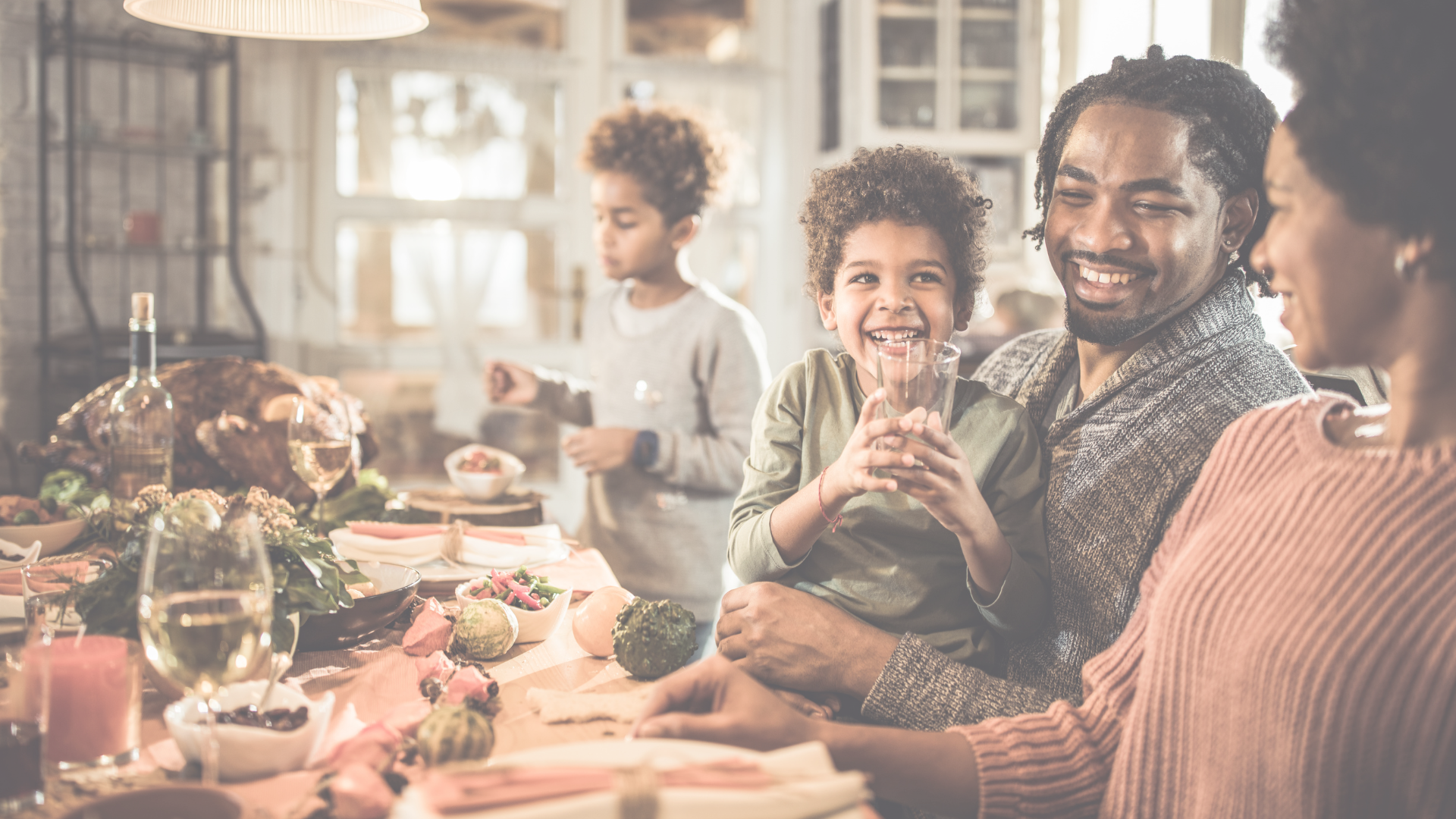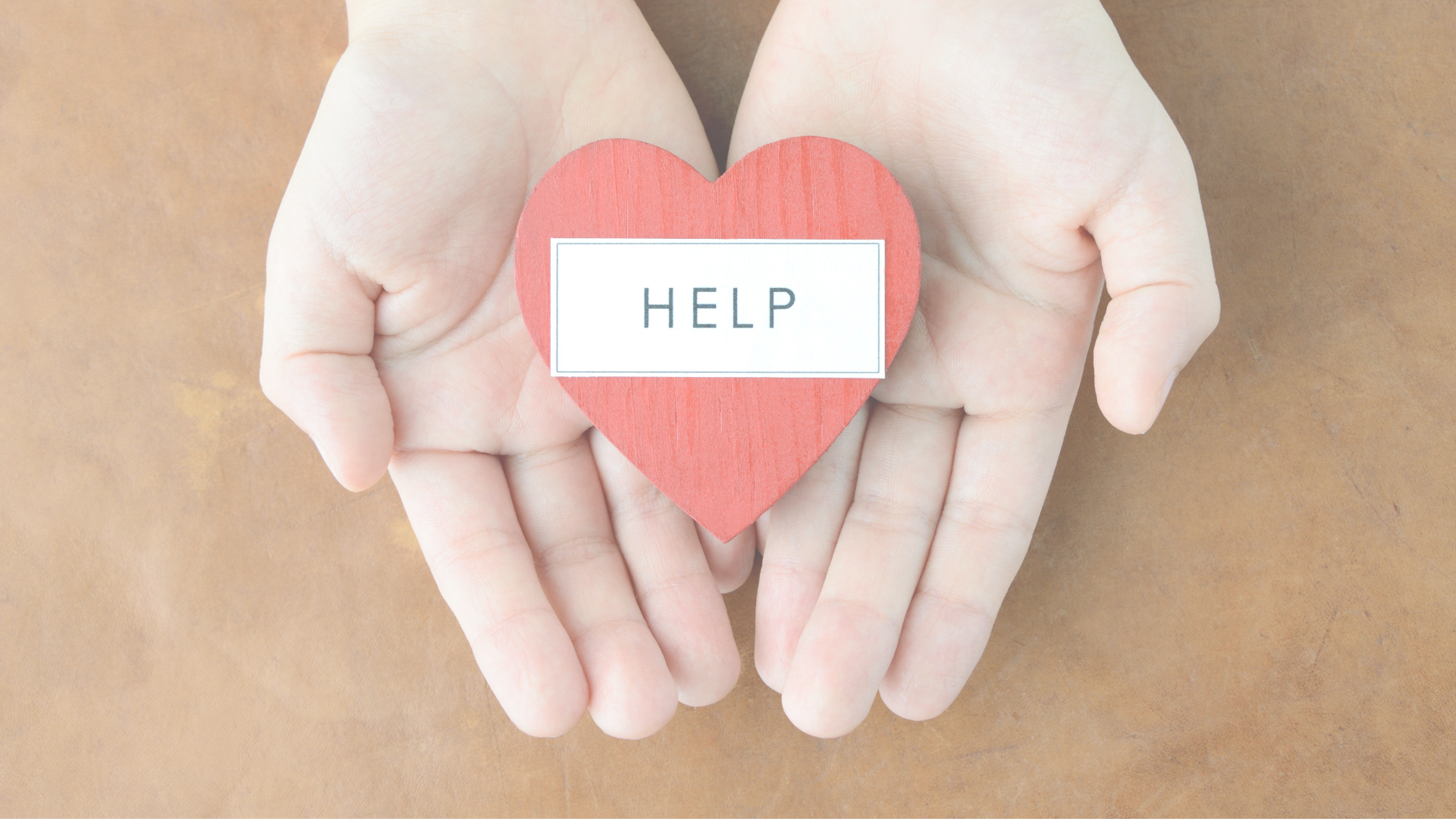Caregiving Is Hard
This week is National Women’s Health Week. May is unofficially recognized as Maternal Mental Health Awareness Month, and officially recognized as National Mental Health Awareness Month. In this post and throughout this month, we’ll be discussing the experience of women in the roles of mothers and caregivers. We’ll also continue to explore caregiving more generally, as that term goes beyond gender, encompassing raising children as well as tending to the needs of other family members and loved ones.
If you listen to the news—or really, if you listen to women*–you know that women are struggling. Maternal mortality rates are the highest they’ve been in years, particularly for Black and brown mothers. Women left the workforce in record numbers during the pandemic, and they have been slow to return—if at all. Access to lifesaving healthcare is restricted. Women experience higher rates of depression and anxiety.
Women shoulder most caregiving responsibilities—for children, spouses, parents, siblings, and other relatives and loved ones. With little outside support, it can sometimes feel impossible to get through the days, weeks, months, and years. Caregiving is hard. Even admitting that is hard. We may think that saying it out loud somehow means we love our families less. But that’s not true. We try to do it all and muscle through the tough stuff because we love our families so much. Both are true—we love our families and providing for their care is really hard.
Just last month, President Joe Biden signed an executive order outlining more than 50 steps to be taken to increase access to childcare and elder care, and to provide support to caregivers.
“Family caregivers provide informal, often unpaid, care to help loved ones live in their homes and communities, including caring for aging family members, people with disabilities, and children. At least 53 million people are family caregivers in the United States — including 5.5 million who are caring for wounded, ill, and injured service members and veterans — and many face challenges due to lack of support, training, and opportunities for rest. Family caregivers include spouses, parents, siblings, adult and minor children, grandparents, and other relatives. Family caregivers reflect the diversity of America’s communities, and people can assume family caregiving responsibilities at any stage of life. Without adequate resources, family caregiving can affect caregivers’ own physical and emotional health and well-being and contribute to financial strain. These negative consequences are felt most acutely by women, who make up nearly two-thirds of family caregivers and drop out of the workforce at a rate three times higher than men.”
Just as President Biden states, the work of caregiving can have a significant impact on the caregiver’s mental and physical health, primarily affecting women. According to the U.S. Department of Health and Human Services (HHS), women caregivers are “less likely to get regular screenings, and they may not get enough sleep or physical activity.”
Caregiver stress is real, and it contributes to health problems more often in women than men.
According to HHS, caregiving stress accounts for the following in women: an increase in depression and anxiety; a weakened immune system; higher risk of chronic diseases like heart disease, cancer, diabetes, and arthritis; and increased chances of short-term memory loss and concentration issues. Learn more about caregiver stress here.
We are unwavering advocates for the health and well-being of our families. However, we often put ourselves last, which can strain our own mental and physical health. Our leader Cristina Might is a tireless champion for her children, but she struggles with undiagnosed Attention-Deficit/Hyperactivity Disorder (ADHD) herself, facing the challenges of parenting without her own diagnosis and treatment. Similarly, I have partnered with a physical therapist to address my child’s foot overpronation, but I haven’t sought out my own physical therapist for assistance with chronic pain related to my untreated overpronation.
Hopefully, help is on the way. In the meantime, let’s make a commitment to ourselves, our families, and each other that we’ll tend to ourselves a bit more. Maybe it’s carving out an hour per week to do something just for you. Maybe it’s scheduling that routine health screening or appointment. Maybe it’s finding a counselor to support your mental health. Maybe it’s joining a support group to feel a sense of community. I’m committing to making an appointment to start treatment for my chronic pain. What small thing can you commit to doing?
*When we use the terms woman and women, we are referring to any person who identifies as a woman. We are committed to creating a space of inclusion; our trans family, and any member of the LGBTQIA+ community, is welcome here.










